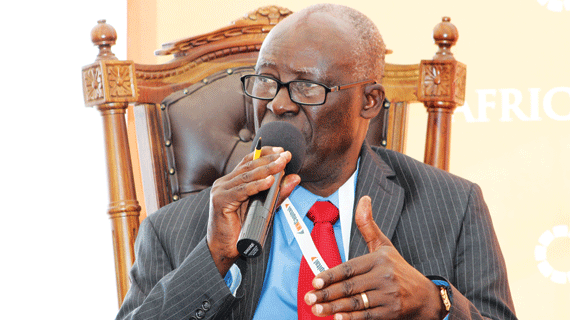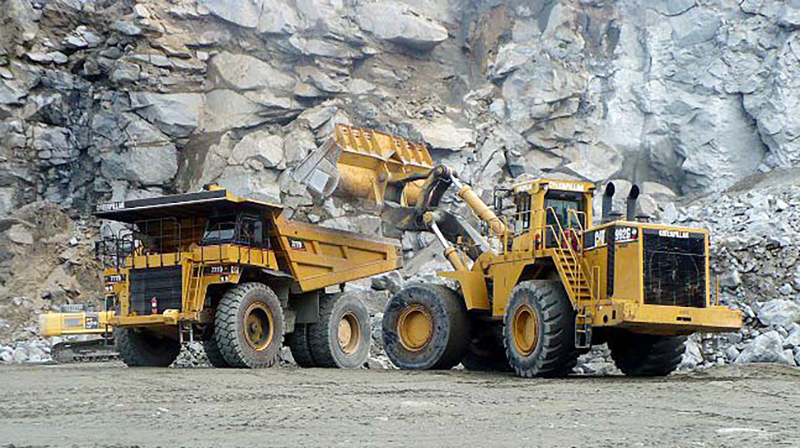
LOBENGULA MP Samuel Sipepa Nkomo says the decision by the government to change English names of Bulawayo’s roads and buildings should be unanimously endorsed by all stakeholders before it is implemented.
LINDA CHINOBVA OWN CORRESPONDENT
Nkomo said a new metropolitan council was elected on July 31 last year and given the mandate by residents to decide on the city’s development and the government could not impose its decisions without proper consultations.
“The government cannot just impose a development in the city without consulting the new metropolitan council which is solely responsible for anything that happens in the city,” Nkomo said.
“Developmental decisions pertaining to the city must not only be made at government level, but they must be done at resident level because it is the residents who make up the city. After all what is the hurry all about when Joshua Mqabuko Nkomo Street (formerly Main Street) was only commissioned now,” Nkomo said.
He said the government was imposing its decision on the people of Bulawayo as there were no consultations with residents — the major stakeholders.
The government, through the provincial administrator’s office, directed council to put in place motions to change English names of the city’s roads, places and buildings to reflect the total independence of Zimbabwe.
The town clerk Middleton Nyoni reported on December 4 2013 that the provincial administrator had written a letter to council proposing some city streets and buildings to be renamed.
- Chamisa under fire over US$120K donation
- Mavhunga puts DeMbare into Chibuku quarterfinals
- Pension funds bet on Cabora Bassa oilfields
- Councils defy govt fire tender directive
Keep Reading
However, that directive has been opposed by some former city fathers who said the government could be overplaying its hand by moving to impose new names on private buildings without consulting their owners.
Newly formed Mthwakazi Republic Party president, Mqondisi Moyo, said the initiative was more of a political gimmick than a way of honouring the country’s heroes.
“This initiative is not sincere but a mere political stunt. Why would the government suddenly want to rename buildings and roads in Bulawayo after 34 years of independence yet in Harare the roads were named soon after independence?” Moyo asked.
“If the government is serious about renaming buildings, why doesn’t it start by renaming the rest of the buildings in Harare?
“It wants to portray the people of Matabeleland as being against the whites since most of the buildings have English names,” Moyo said.
He said the government must not use the people of Matabeleland to accomplish its desire of making white people feel unwelcome in Zimbabwe.
Moyo said the government should rather concentrate on issues that bring food on the table not trivial ones to do with some individuals’ egos.
“Such initiatives will not resuscitate industries in the city. Bulawayo has turned into a white elephant because of industries shutting down and relocating to Harare.
“Bulawayo industries have been turned into churches that started in Harare,” he said.
Moyo said the people of Matabeleland, who are bearing the brunt of the economic meltdown the most, were now fed up with the government imposing projects that had nothing to do with alleviating their suffering.










